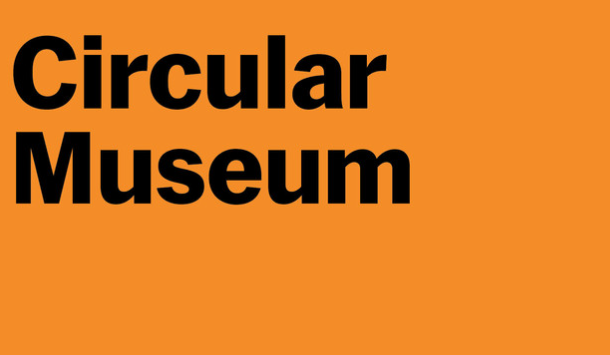Circular Museum: Ways of Collecting and Commissioning

Lecture/panel
Tue, Feb 28, 11:00–12:30 p.m.
Online
Free, registration or RSVP required
EPISODE 1: WAYS OF COLLECTING AND COMMISSIONING
The Circular Museum, a collaboration between MoMA’s Ambasz Institute and ART 2030, is a virtual panel discussion series inviting artists, museum directors, curators, exhibition designers, and other museum practitioners from around the world to talk about their efforts to address the climate crisis through their work. In six episodes the series explores how incorporating sustainability and circularity into various levels of museum practice is not only urgent but desirable.
The first episode brings together artist Tino Sehgal and Frances Morris, Director of Tate Modern, to reflect on how the artist and the institution have each incorporated environmental considerations into the processes of collecting and commissioning. As spaces in service of both present and future publics, how can our museums utilize these practices to foster sustainability in our global society?
Register in advance for the webinar.
Opening Remarks
Carson Chan, Director, Emilio Ambasz Institute for the Joint Study of the Built and the Natural Environment
Panelists
Frances Morris is the Director of Tate Modern since 2016. She is a curator, writer and broadcaster, Frances has made many exhibitions and publications, including acclaimed retrospectives of Louise Bourgeois, Yayoi Kusama and Agnes Martin. Frances has led the transformation of Tate’s International Collection, strategically broadening and diversifying its international reach and representation, through displays and exhibitions. Since 2019 Frances has championed Tate's responses to climate and ecological emergency, and acted as Chair to Cimam's working group on sustainability. Frances is currently a member of the Advisory Committee, Serralves Museum, Porto; the Scientific Board, MNAC, Bucharest; the International Advisory Committee, Mori Art Museum Tokyo and the Scientific Committee, Mudam, Luxembourg.
Tino Sehgal is a critically acclaimed artist whose work derives from his radical artistic practice that takes the form of "constructed situations": live encounters between visitors and those enacting the work. Their ephemeral beauty rests in the fleeting specificity of the encounter, where players often engage the visitors with their active participation in constructing the piece. Sehgal’s abandoning of material production in favor of lived experience is nevertheless achieved with a sensitivity to classical considerations of form, composition and space, grounded not only in the history of dance but also western traditions of sculpture and painting.
Moderators
Carson Chan, Director of Emilio Ambasz Institute for the Study of the Built and Natural Environment at MoMA
Luise Faurschou, Founder & CEO of ART 2030
Accessibility
- Automated captioning is available for all online programs. American Sign Language (ASL) interpretation and live captioning is available for public programs upon request with two weeks’ advance notice. MoMA will make every effort to provide accommodation for requests made with less than two weeks’ notice. For accessibility questions or accommodation requests please email AdultPrograms@moma.org or call (212) 708-9781
This session will be led virtually through Zoom, a free video-conferencing software. Participants are encouraged to use a computer, smartphone, or tablet with a camera and Internet access, if possible. Participants may also dial in using a phone line. Participants will receive a Zoom link upon registering.
The Emilio Ambasz Institute for the Joint Study of the Built and the Natural Environment is a platform for fostering dialogue, promoting conversation, and facilitating research about the relationship between the built and natural environment, with the aim of making the interaction between architecture and ecology visible and accessible to the wider public while highlighting the urgent need for an ecological recalibration.
This event was made possible through a generous gift from Emilio Ambasz. The Emilio Ambasz Institute for the Joint Study of the Built and the Natural Environment is a platform for fostering dialogue, promoting conversation, and facilitating research about the relationship between the built and natural environment, with the aim of making the interaction between architecture and ecology visible and accessible to the wider public while highlighting the urgent need for an ecological recalibration.
- This event is part of Ambasz Institute Events.